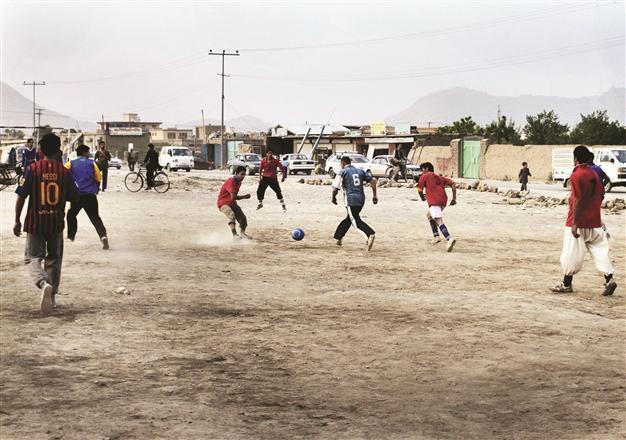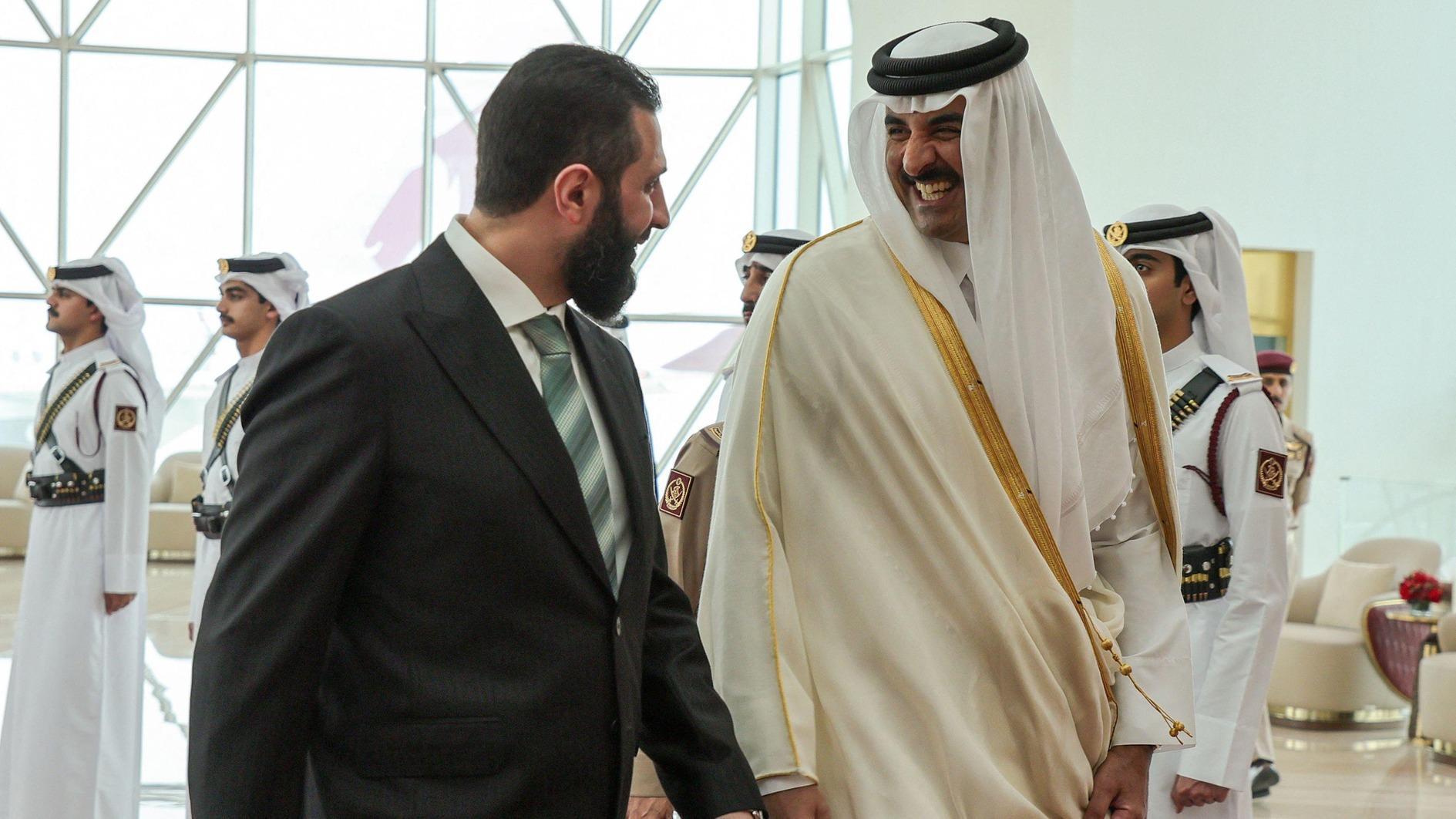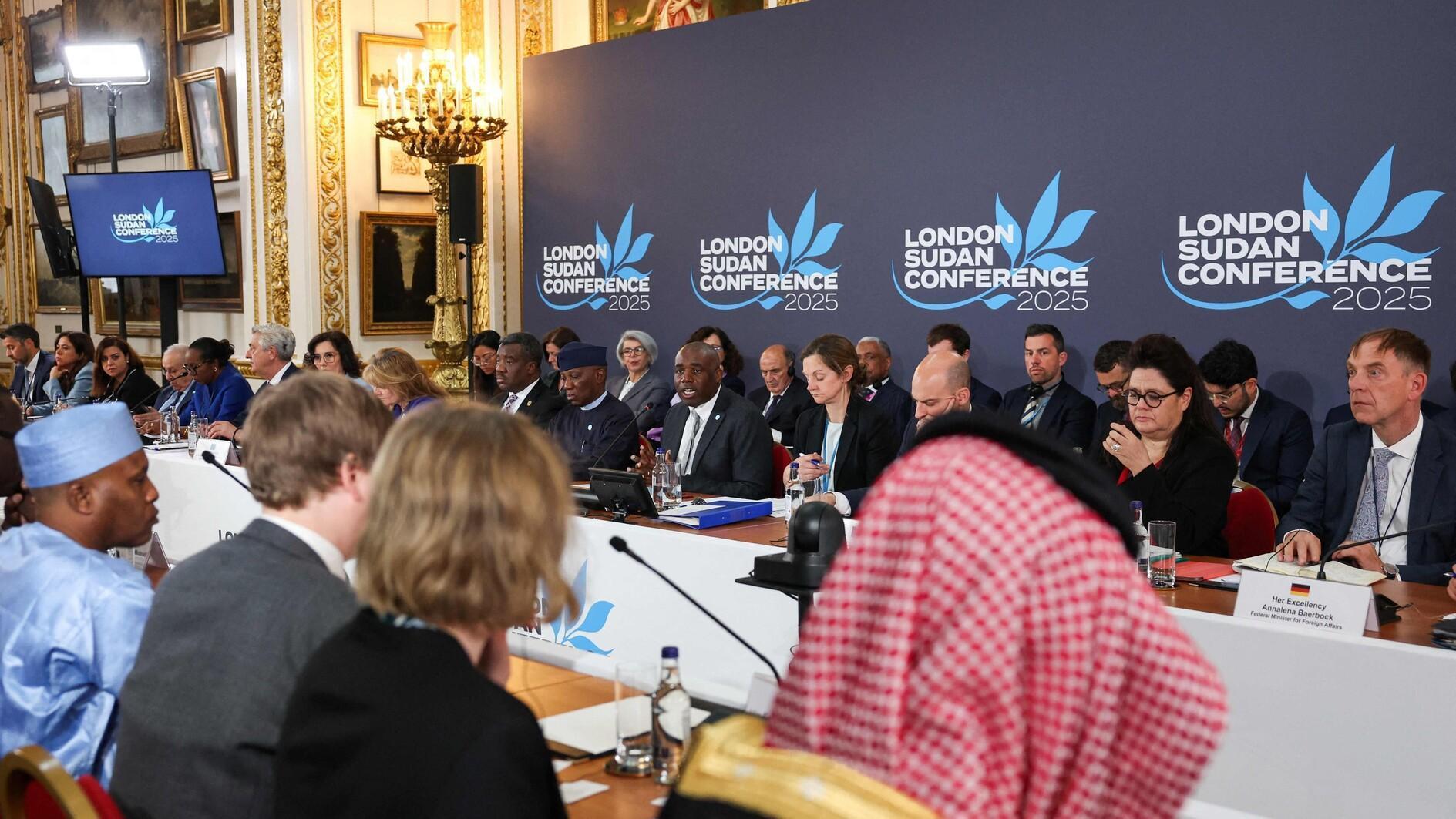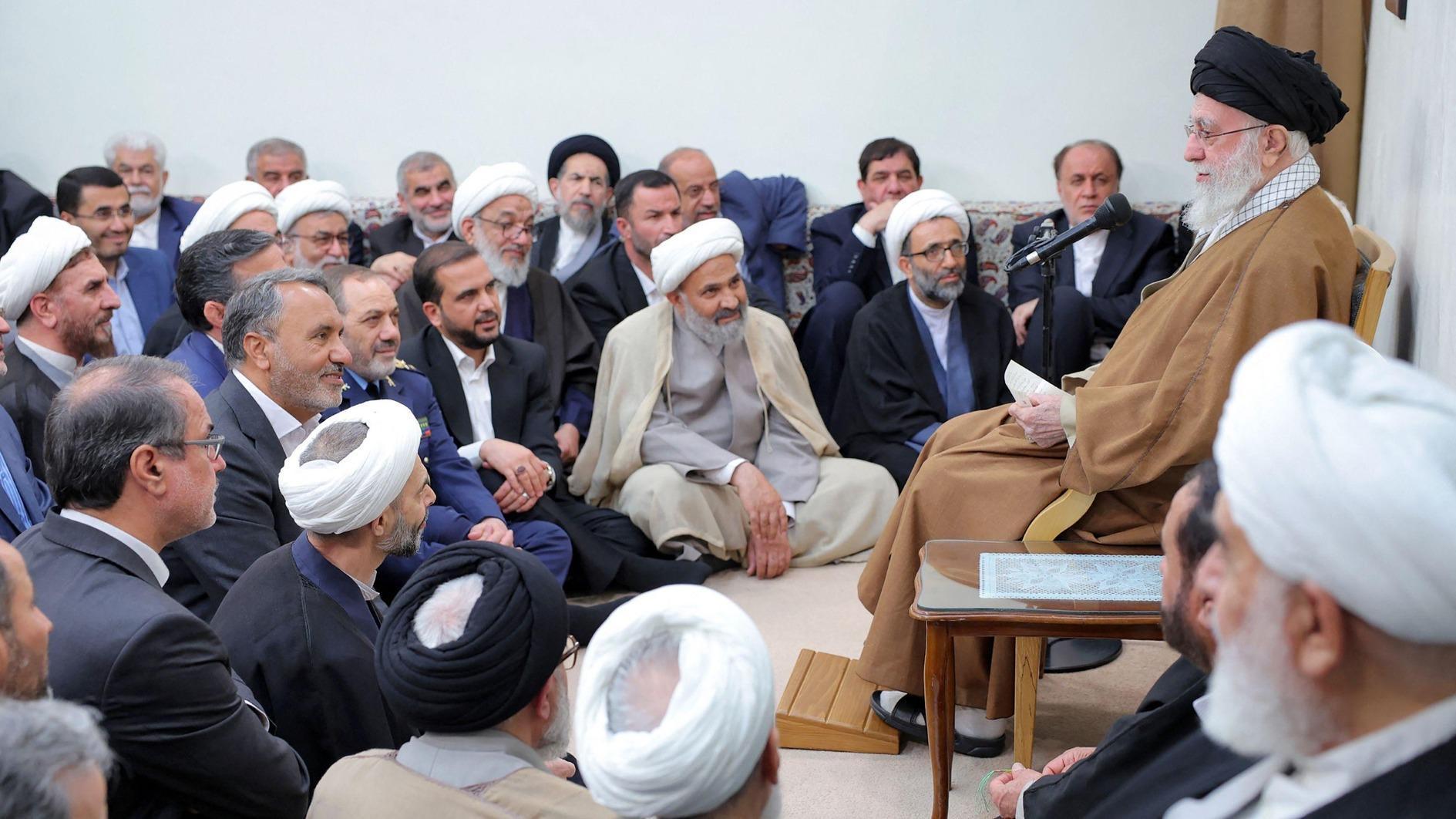Hopes to kick off in Afghanistan
James M. Dorsey Hürriyet Daily News

Afghan football players are seen during a friendly match in Kabul, Afghanistan in this file photo. Football-crazy Afghanistan hopes to find some relief in an impoverished nation as the national league will kick off next month. AP photo
Football has come to symbolize the fact that Afghanistan’s choices have gone full circle as U.S. forces prepare to withdraw from the Central Asian nation more than a decade after they invaded it.Back in late 2001 and early 2002, U.S. troops fresh from overthrowing the Taliban viewed football balls and shoes as just as basic to mending Afghanistan’s social fabric as beams and girders were to mending war-damaged buildings. Football paraphernalia served as a tool to win hearts and minds and counter Iranian efforts to exploit the beautiful game for the same purpose.
A decade later, a major Afghan telecommunications company, Roshan Telecom Development Co., and media tycoon Saad Mohsen’s Moby Group are launching Afghan Premier League Football in what David Ignatius of The Washington Post juxtaposes as Afghanistan’s post-withdrawal options: televised football rivalry or armed civil war.
Afghanistan Football Federation (AFF) President Keramuddin Karim, backed by sociological analysis, argues that “to establish peace and stabilize a country, one must not only focus on training soldiers. Sport is also a strong base for peace, as it embodies values such as unity, integration, pride and prevents racism, drugs and other elements that bring insecurity to the country.”
Karim is taking a leaf out of the experience of other countries where sports in general and football in particular have had a cathartic effect by channeling human aggression away from violence and into more healthy channels. Nelson Mandela used a racially integrated national rugby team to unite South Africa in the wake of apartheid – a story now made famous by the movie “Invictus.”
‘All socio-economic groups’
In a letter announcing the premier league that will include eight teams, the AFF said it would cut “across all ages, socio-economic groups, regions and tribes.” In fact, it will cut across regions and ethnic, tribal and religious groups that have in the past been at loggerheads with one another.
Abdul Sabor Walizada, a trainer for the project and former national team players, said the AFF hoped that the league would also help stimulate business and build bridges.
“After years of civil conflict and war, people will focus on football and the businessmen from each zone will try to have the best players. It will create national unity because if the central zone, for example, has a really good player, the southern zone team will want to buy him. They will not care about his ethnicity. They will not care about his tribe. They will care that he is one of the best players,” Walizada said.
The launch of the premier league comes among fears that the Afghan army will split along ethnic and sectarian lines following the U.S. withdrawal, plunging the country into chaos with the Taliban stepping up its insurgency and various groups that fought each other in the past picking up arms again.
U.S. military and civilian officials believed a decade ago that reopening football stadiums and
encouraging people to play would win hearts among those scarred by regimes for which football was either the enemy or a weapon of terror. The league is one way of putting that to the test.
The hope now is that the new league’s eight teams will compete on the pitch instead of the battlefield after the U.S. departure. The recruitment of players also serves the effort to bridge the country’s fault lines. Selection takes place on a reality television show, Maidan-e-Sabz or Green Field, for which thousands of Afghans have applied. The audience of each show selects 18 out of 30 candidates whose performance is judged by a group of former Afghan national team players and coaches who pick 15 players while the studio audience votes for the final three.
The reality show is intended to immediately involve a football-crazy public that failed to embrace recent amateur leagues. Football enjoyed enormous popularity until 1979 when the Soviet invasion of Afghanistan spawned fierce resistance followed by a civil war once the Soviets withdrew.
“We are doing [player selection] on TV so that people can know the players. They will be famous thanks to the reality show. This will help us to promote football,” said AFF board member Sayed Ali Reza Aghazada. League matches broadcast on Afghanistan’s two main television channels will be played in September and October. Sponsor Roshan predicted that the league would be a “unifying institution” for a new Afghanistan.
















